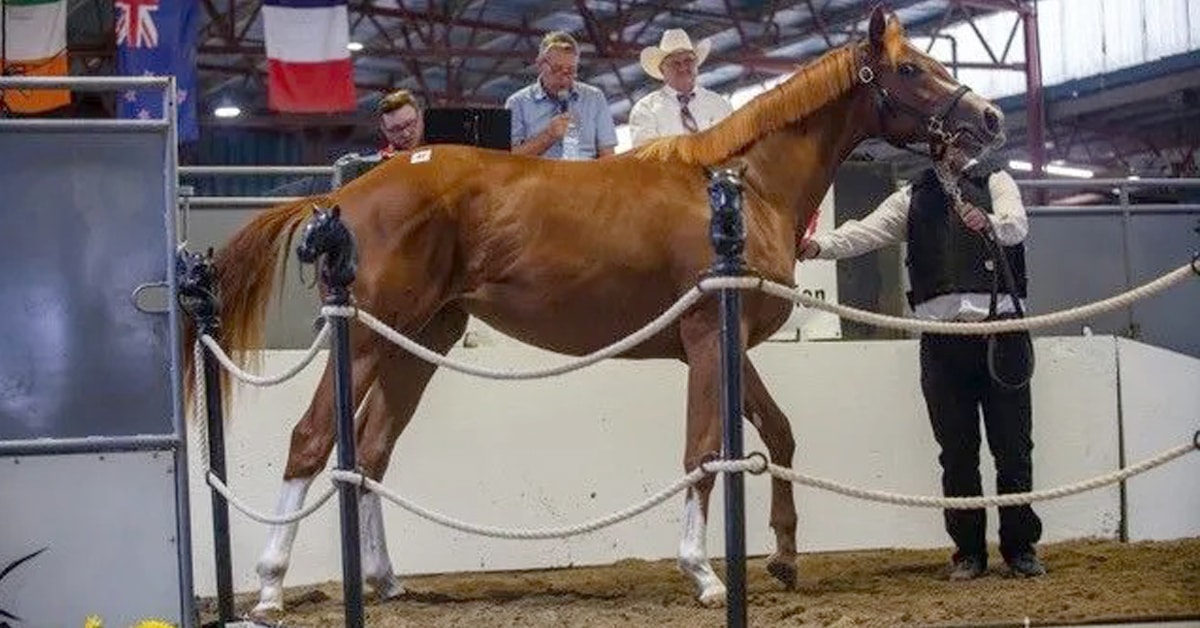Equine Canada’s Health and Welfare Committee is notifying horse owners that Neurotropic Equine Herpes Virus-1 (nEHV-1) has been reported in horses in the United States, with confirmed cases in Alberta (1) and British Columbia (3). This is the neurological strain of Equine Herpes Virus 1 (EHV 1). Outbreaks of nEHV-1 are contagious and have a high risk of mortality.
It is believed the initial cases were in horses attending a cutting horse show in Ogden, Utah, held April 29 to May 8, 2011, and that horses exposed to the virus at this competition have played a role in reported cases elsewhere.
The following is a statement from the Canadian Food Inspection Agency (CFIA):
Equine Herpes Virus (EHV) is a disease present in Canada and is not a federally controlled disease. Subsequently, in accordance with international guidelines, CFIA has no authority for requesting certification related to this disease from the United States Department of Agriculture when importing horses from the United States (US). Import conditions for all horses entering Canada from the US will not be changed in relation to the recent reports of EHV cases in the US. However, as always, imported horses need to comply with all current Canadian import conditions. In addition, arrival of unwell horses at the border can affect the import process.
Equine Canada is working with the offices of Canada’s chief veterinarians to monitor the situation and keep our members abreast of developments. We will post new information and status updates regarding nEHV-1 on our website at http://www.equinecanada.ca/.
Outbreak control of nEHV-1 is dependent on proper biosecurity or containment strategies. Equine Canada strongly urges owners to consult the following resources to better understand the nature and control of this infectious disease:
Message to Alberta Horse Owners from the Government of Alberta Office of the Chief Provincial
Veterinarian – Neurotropic Equine Herpes Virus-1 (nEHV-1) PDF— http://bit.ly/jqjiDg
The American Association of Equine Practitioners— http://bit.ly/j5XShc
Facts About Equine Herpes Virus— http://bit.ly/khha91
Equine Health Alert – State of Idaho, Department of Agriculture PDF— http://bit.ly/jODoUl
Owners are encouraged to speak with their veterinarian if they have additional concerns or questions.
More from Canadian Thoroughbred:





